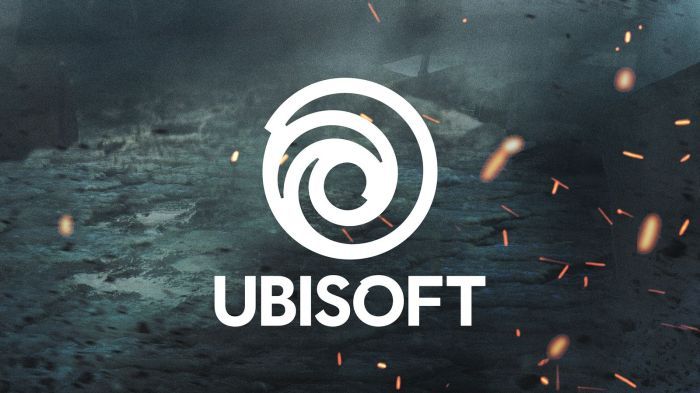When it comes to publisher Ubisoft, the French-based company has seen high levels of success across several of its franchises by establishing what has colloquially been known as "the Ubisoft formula." This, of course, is in reference to the types of games that Ubisoft has released in the last decade that largely revolve around creating open world experiences with lots of side missions and content for players to engage with, incorporating online/live-service elements, and emphasizing storylines and narratives based around real-world topics, settings, or issues. From series such as Far Cry, to Assassin's Creed, to Ghost Recon, to Watch Dogs, and more, this formula has shaped the publisher's direction for years now, but the studio is seeking to change up the way it makes games moving forward.
In a report from Video Games Chronicle, the core editorial team at Ubisoft is being restructured with the intention of changing up the creative direction of the publisher's future titles. This editorial team, which according to VGC is composed of around "100 designers and producers who advise on everything from game design to script writing," seems to have been the backbone of the direction in many of Ubisoft's games and the foundation of its move towards open world and online games.
However, in the wake of disappointing sales results from its more recent releases such as The Division 2 and Ghost Recon: Breakpoint, the publisher seems to be making these changes with the structure of its editorial team in order to improve its production process and the vision for its games moving forward. Ubisoft stated to VGC that the team will be be "expanded and reorganised" to "be more agile and better accompany our developer teams around the world."
Specifically, one of the key factors that this reorganization seems to be aiming to address is differentiating Ubisoft's core franchises from one another in terms of design and gameplay, seemingly to move away from "the Ubisoft formula" across the publisher's titles. This in particular seems to have been one of the motivating factors behind Ubisoft's decision last year to delay three of its most anticipated and prolific upcoming titles, Watch Dogs: Legion, Gods & Monsters, and Rainbow Six: Quarantine, to the next fiscal year.
Presumably, the delays are aiming to incorporate more unique design and gameplay elements in order to avoid the feeling of "sameness" that plagued some of Ubisoft's more recent releases and, in turn, hopefully boost their financial prospects accordingly. According to an anonymous source that told VGC, under the previous structure of the editorial team there "were often the ideas of just one or two people getting put into every game," which often explained "why you tended to see such similarity, because it's the same taste and opinion being replicated."
The similar design and gameplay elements of Ubisoft's releases have been a known entity for some time, and given the lackluster sales results of its more recent releases, it's encouraging to see the company taking steps to improve the design philosophies of its titles. While it may take some time for these changes to be implemented in upcoming projects, presumably for the next installments of its franchises like Assassin's Creed or Far Cry, we'll just have to wait and see how Ubisoft can branch out from its established "formula" in future releases.

